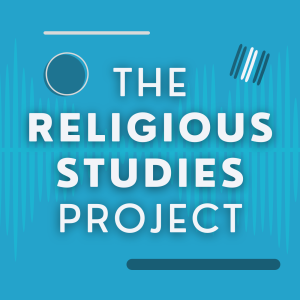
The Church of Saint Thomas Paine: Religion without God
 2023-03-13
2023-03-13
In this interview, Dan Gorman talks with Leigh Eric Schmidt about his 2021 book The Church of Saint Thomas Paine: A Religious History of American Secularism. Despite its title, Schmidt’s book is not a religious biography of Thomas Paine, but rather a survey of the ways that atheists and agnostics have used Paine as a symbol or figure of devotion.
Schmidt organizes his book into sections on secular relics (focusing on Paine’s exhumed, missing body), secular rituals (focusing on nineteenth-century Americans who sought new frameworks for life events), and secular institutions (focusing on attempts to organize various churches of humanity). An epilogue looks at secularism in the twentieth century. Several atheist and free thought congregations earned tax-exempt status as religious organizations, but religious conservatives from the Cold War onward stoked popular fears that secularists wanted to take over America. Throughout the book, Schmidt highlights a fundamental argument in the atheist/nontheist community: Does an absence of belief in God mean an absence of religion and all the things that go with it? As Schmidt’s history of Thomas Paine fans reveals, the answer is no; a religion can operate on functional lines without a belief in God.
Other topics of conversation include the effects of COVID-19 on Schmidt’s research and writing process, the design and semiotics of the book’s hardcover edition, conservative critiques of Schmidt’s support for liberal religion and secularism in public life, and the book’s connection to Schmidt’s earlier Restless Souls (2nd ed. 2012).
More Episodes
 2023-02-20
2023-02-20
 2022-10-13
2022-10-13
Create your
podcast in
minutes
- Full-featured podcast site
- Unlimited storage and bandwidth
- Comprehensive podcast stats
- Distribute to Apple Podcasts, Spotify, and more
- Make money with your podcast
It is Free
- Privacy Policy
- Cookie Policy
- Terms of Use
- Consent Preferences
- Copyright © 2015-2024 Podbean.com




